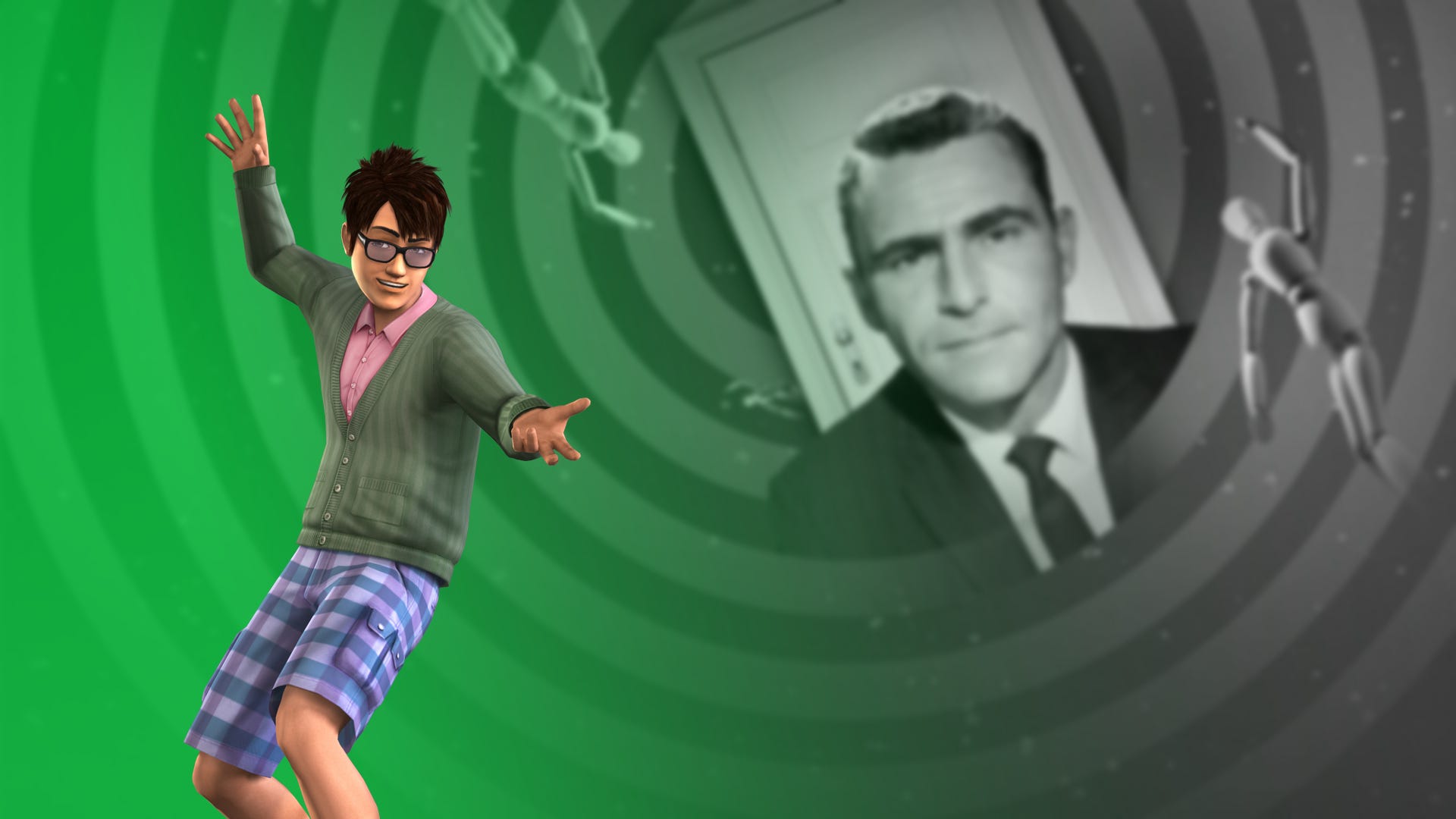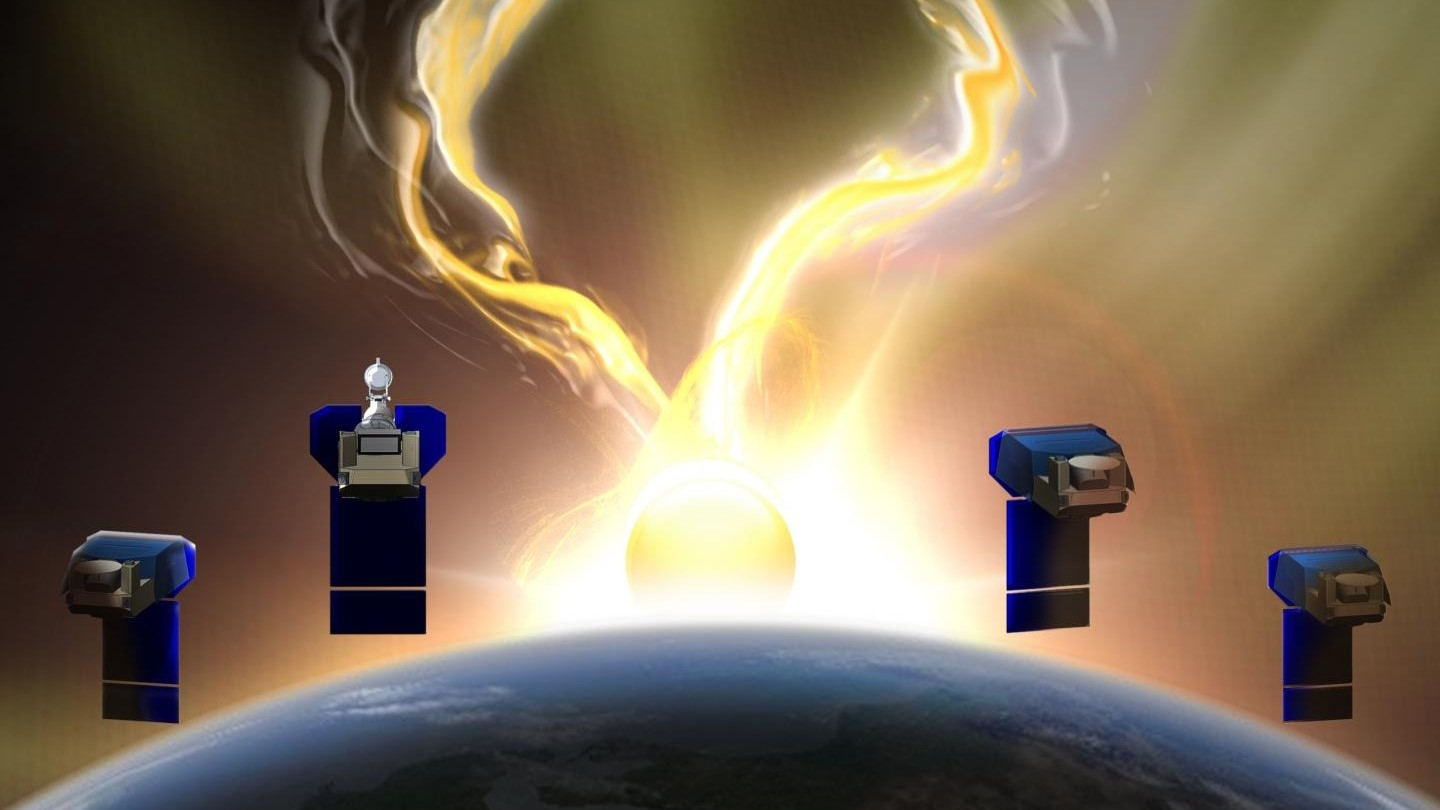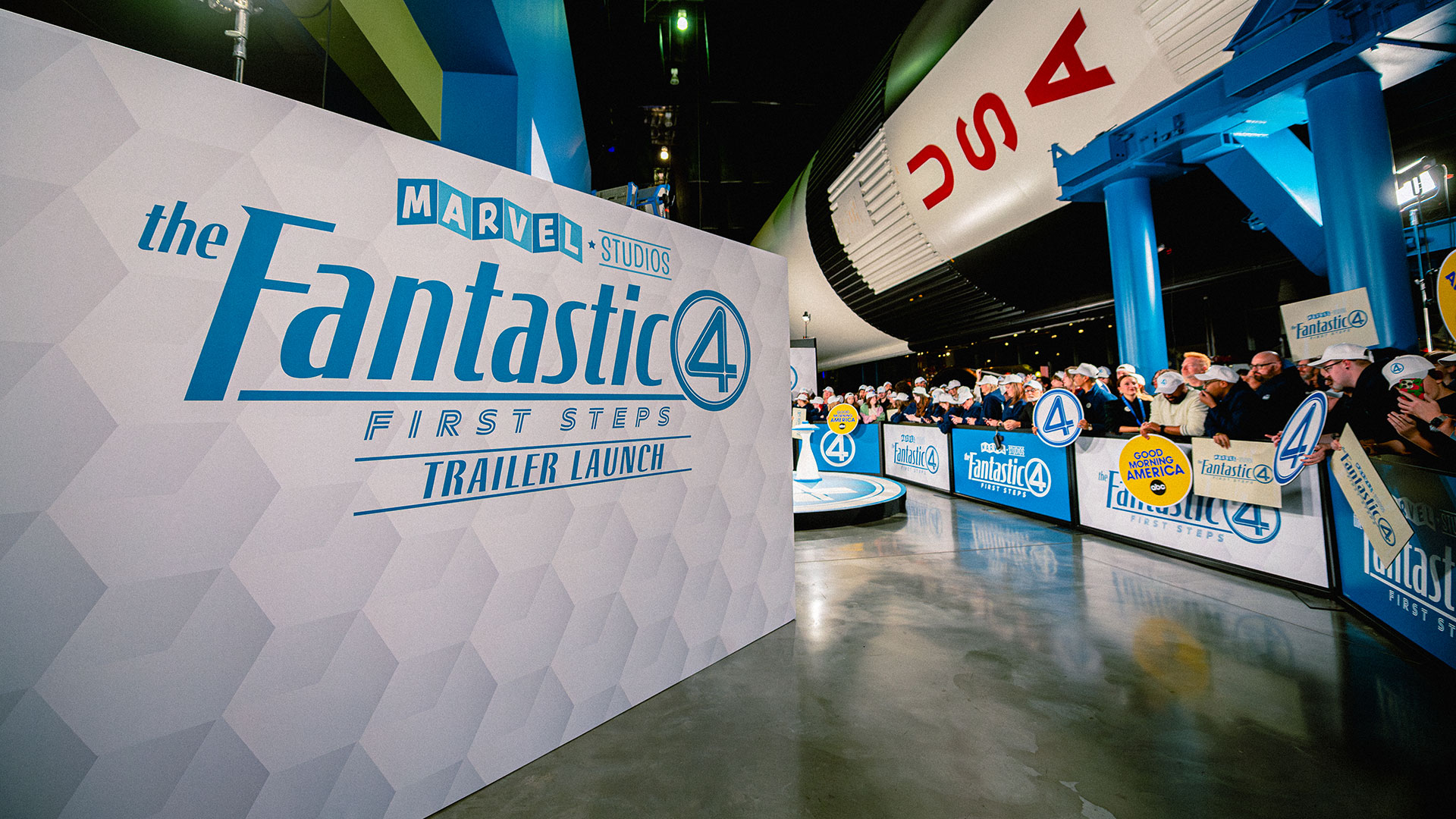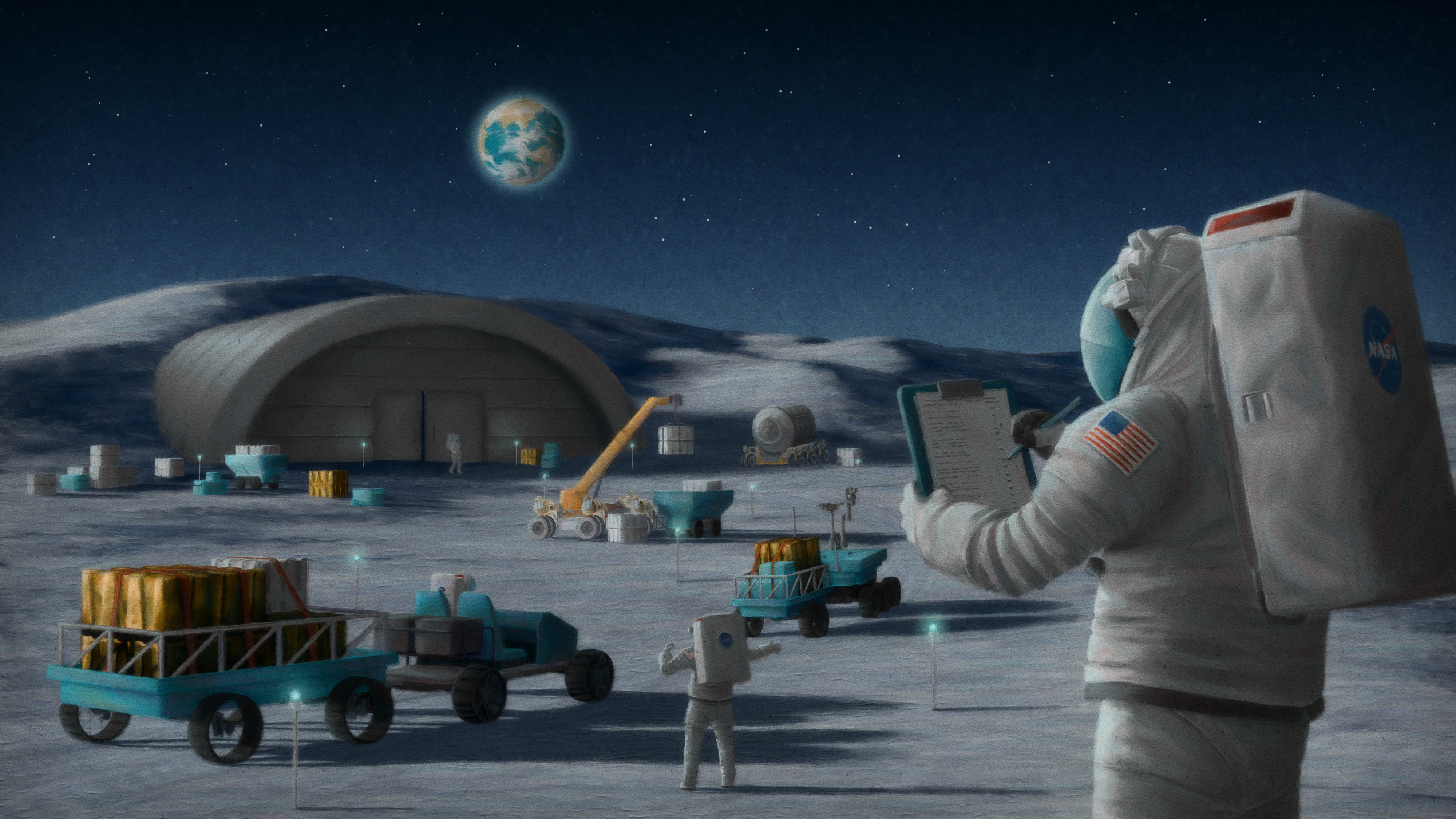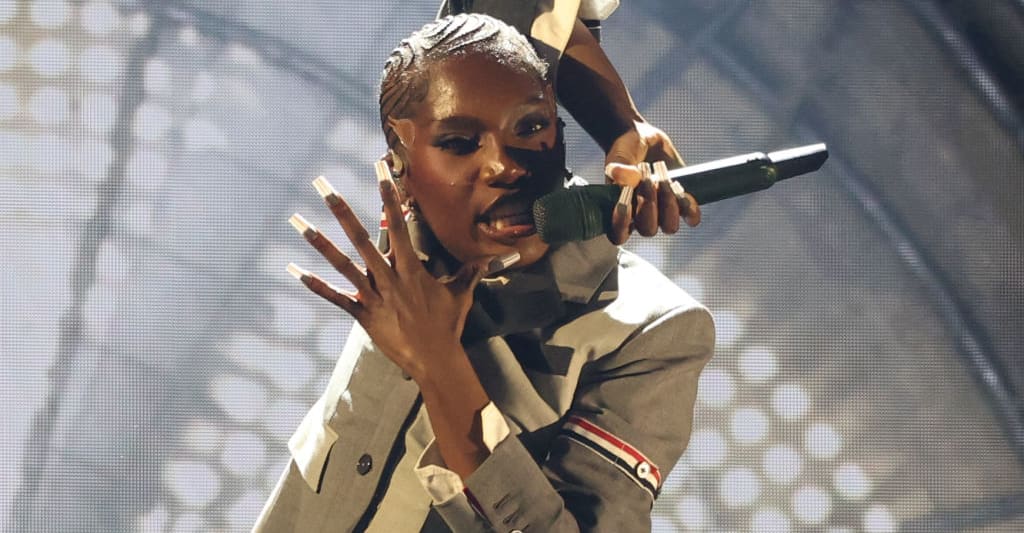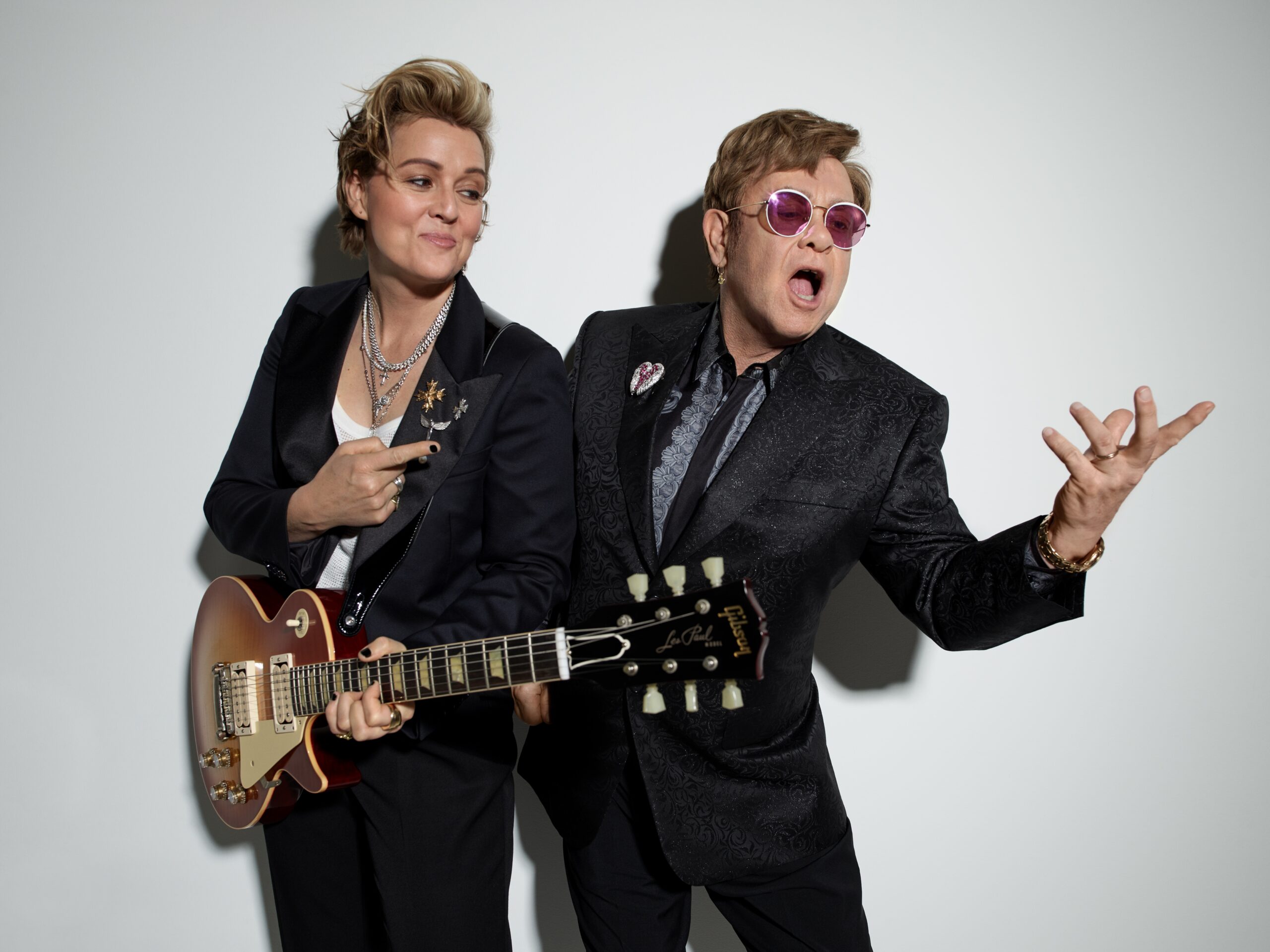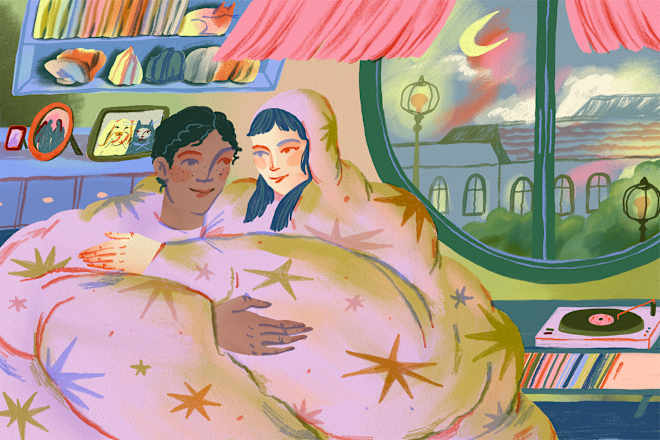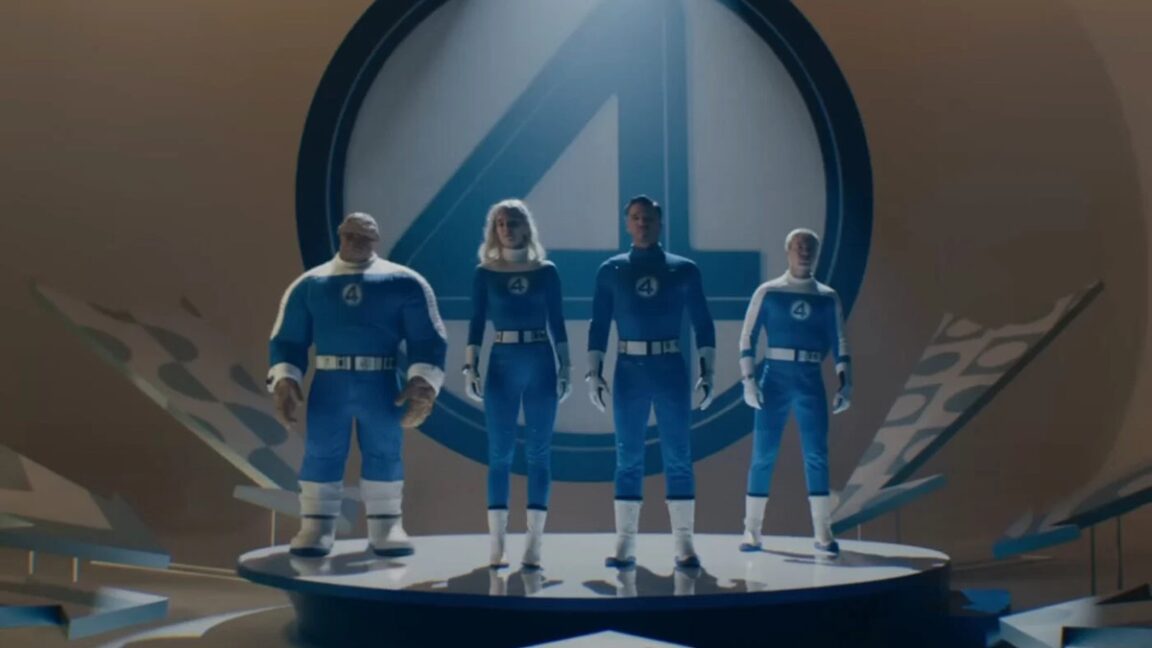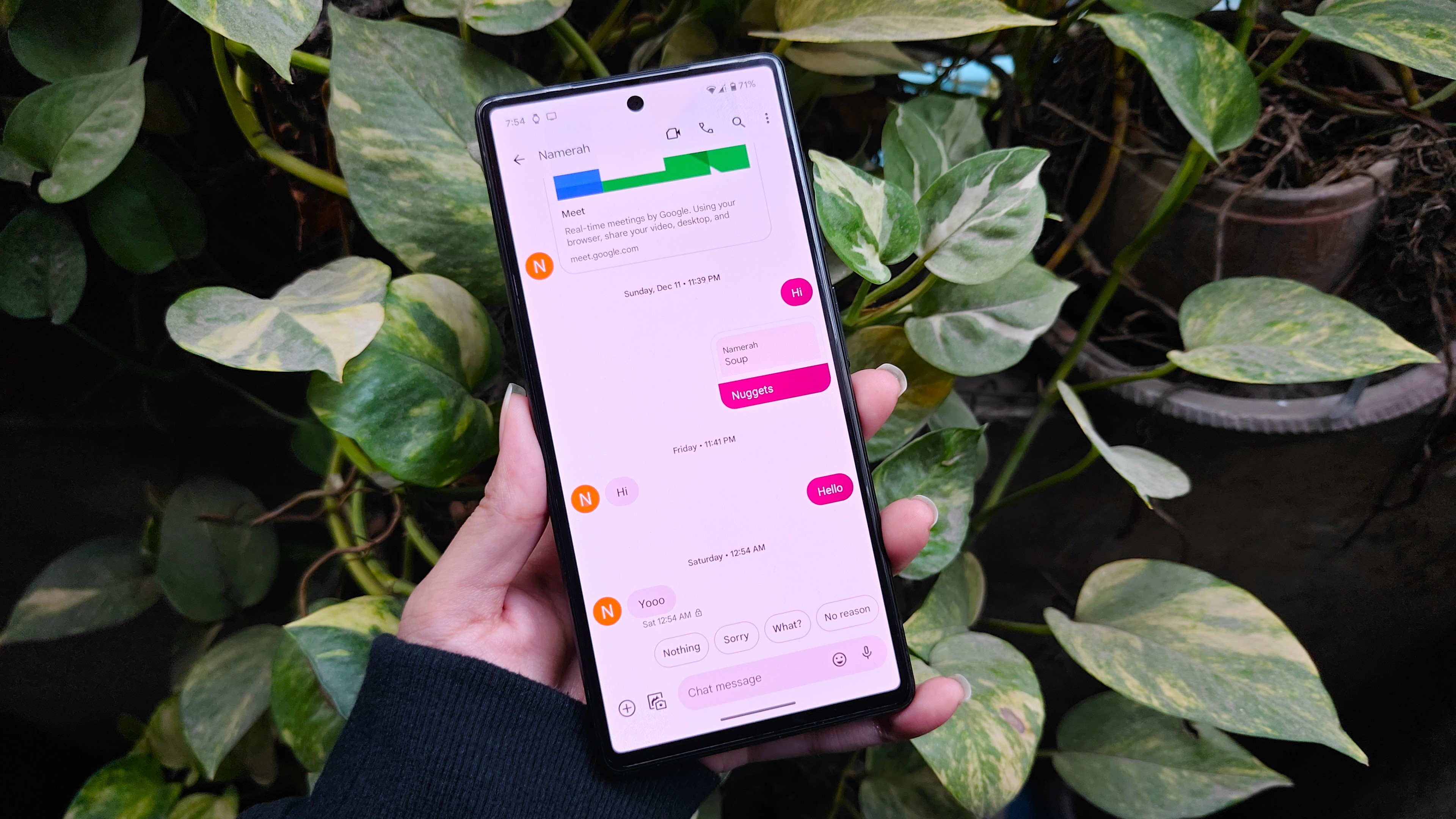AI-Generated Slop Is Already In Your Public Library
An anonymous reader writes: Low quality books that appear to be AI generated are making their way into public libraries via their digital catalogs, forcing librarians who are already understaffed to either sort through a functionally infinite number of books to determine what is written by humans and what is generated by AI, or to spend taxpayer dollars to provide patrons with information they don't realize is AI-generated. Public libraries primarily use two companies to manage and lend ebooks: Hoopla and OverDrive, the latter of which people may know from its borrowing app, Libby. Both companies have a variety of payment options for libraries, but generally libraries get access to the companies' catalog of books and pay for customers to be able to borrow that book, with different books having different licenses and prices. A key difference is that with OverDrive, librarians can pick and choose which books in OverDrive's catalog they want to give their customers the option of borrowing. With Hoopla, librarians have to opt into Hoopla's entire catalog, then pay for whatever their customers choose to borrow from that catalog. The only way librarians can limit what Hoopla books their customers can borrow is by setting a limit on the price of books. For example, a library can use Hoopla but make it so their customers can only borrow books that cost the library $5 per use. On one hand, Hoopla's gigantic catalog, which includes ebooks, audio books, and movies, is a selling point because it gives librarians access to more for cheaper price. On the other hand, making librarians buy into the entire catalog means that a customer looking for a book about how to diet for a healthier liver might end up borrowing Fatty Liver Diet Cookbook: 2000 Days of Simple and Flavorful Recipes for a Revitalized Liver. The book was authored by Magda Tangy, who has no online footprint, and who has an AI-generated profile picture on Amazon, where her books are also for sale. Note the earring that is only on one ear and seems slightly deformed. A spokesperson for deepfake detection company Reality Defender said that according to their platform, the headshot is 85 percent likely to be AI-generated. [...] It is impossible to say exactly how many AI-generated books are included in Hoopla's catalog, but books that appeared to be AI-generated were not hard to find for most of the search terms I tried on the platform. "This type of low quality, AI generated content, is what we at 404 Media and others have come to call AI slop," writes Emanuel Maiberg. "Librarians, whose job it is in part to curate what books their community can access, have been dealing with similar problems in the publishing industry for years, and have a different name for it: vendor slurry." "None of the librarians I talked to suggested the AI-generated content needed to be banned from Hoopla and libraries only because it is AI-generated. It might have its place, but it needs to be clearly labeled, and more importantly, provide borrowers with quality information." Sarah Lamdan, deputy director of the American Library Association, told 404 Media: "Platforms like Hoopla should offer libraries the option to select or omit materials, including AI materials, in their collections. AI books should be well-identified in library catalogs, so it is clear to readers that the books were not written by human authors. If library visitors choose to read AI eBooks, they should do so with the knowledge that the books are AI-generated." Read more of this story at Slashdot.

Read more of this story at Slashdot.
















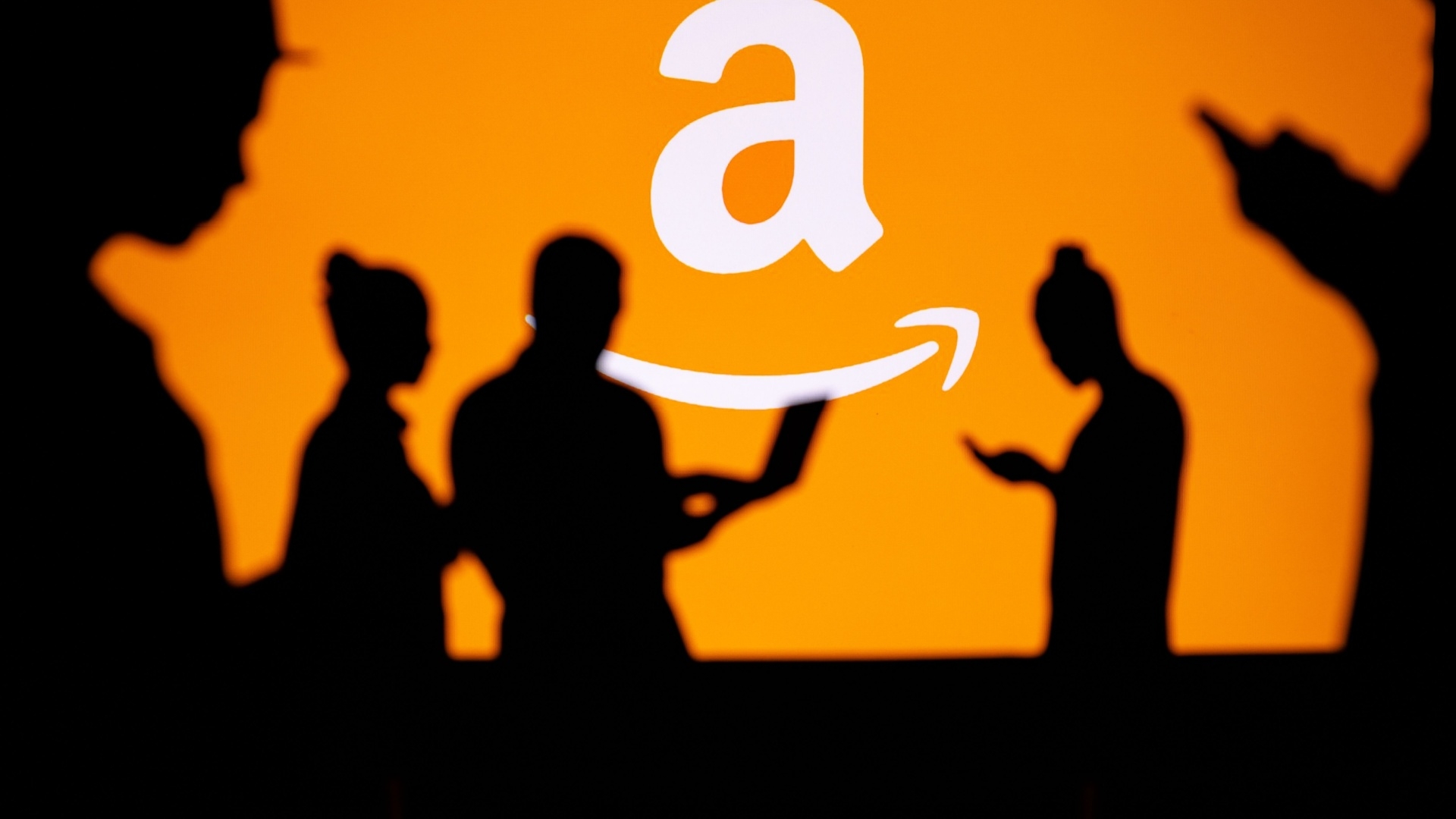
_Agata_Gładykowska_Alamy.jpg?#)




